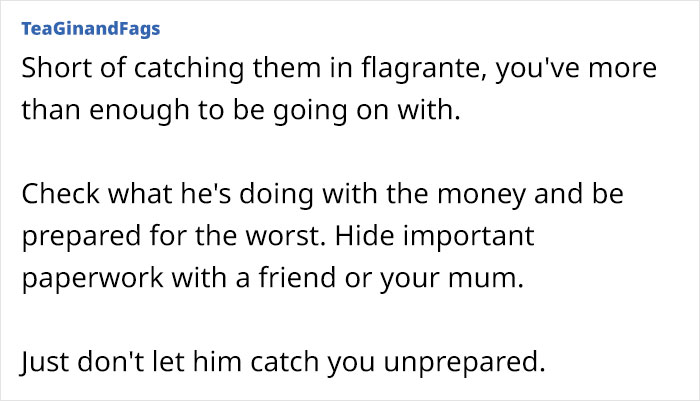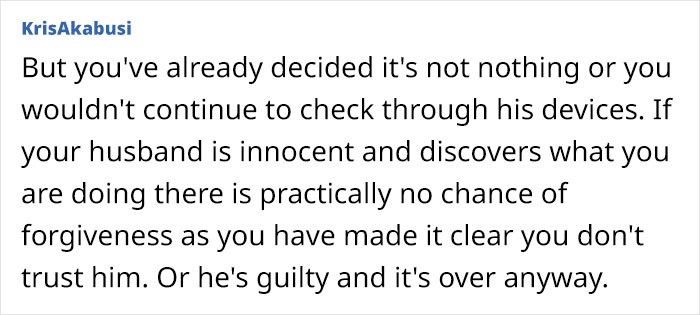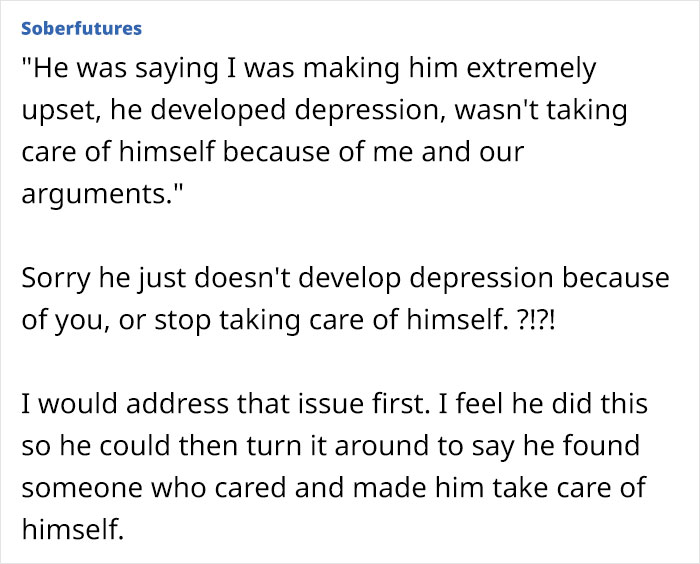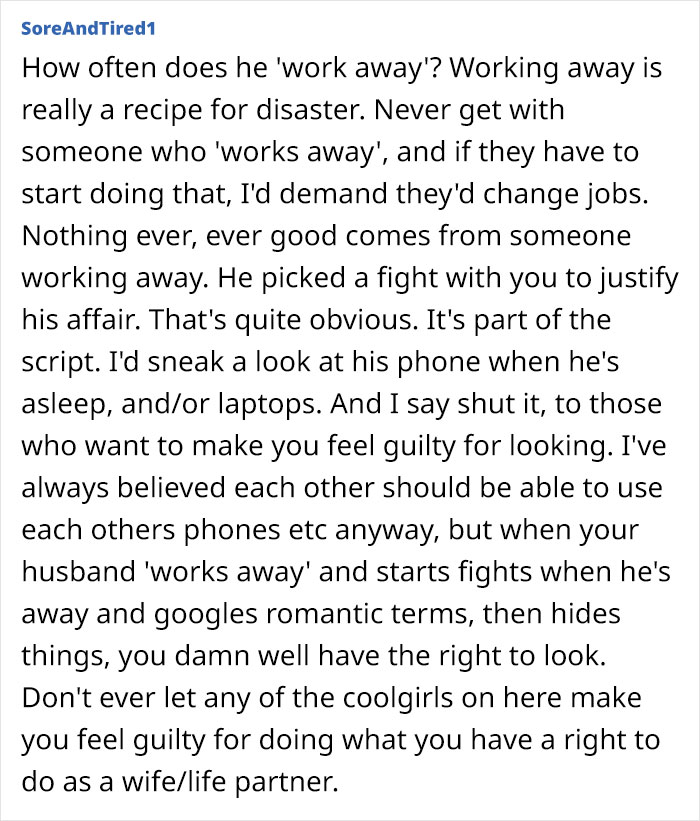Jealousy is a normal human emotion. But it might sometimes drive people to do crazy and inappropriate things. Like going through your partner’s phone or their search history. The statistics on this are pretty surprising: 51% of people in relationships claim they have checked their partner’s messages without them knowing.
This woman checked her husband’s iPad search history and found something suspicious. She then went to the Internet to ask for advice: is it really as bad as she thinks? And what should she do if her suspicions might actually come true?
To know more about privacy in relationships and how to deal with jealousy and suspicion, Bored Panda reached out to couples therapist Judith Aronowitz, RN, LCSW. She kindly agreed to share her expert insights about building trust and respect to foster connection and intimacy. Read her comments below!
Going through a partner’s phone might seem like a violation of privacy for some couples

Image credits: Chris Lynch / unsplash (not the actual photo)
But this woman felt justified, as she thought her husband might be cheating

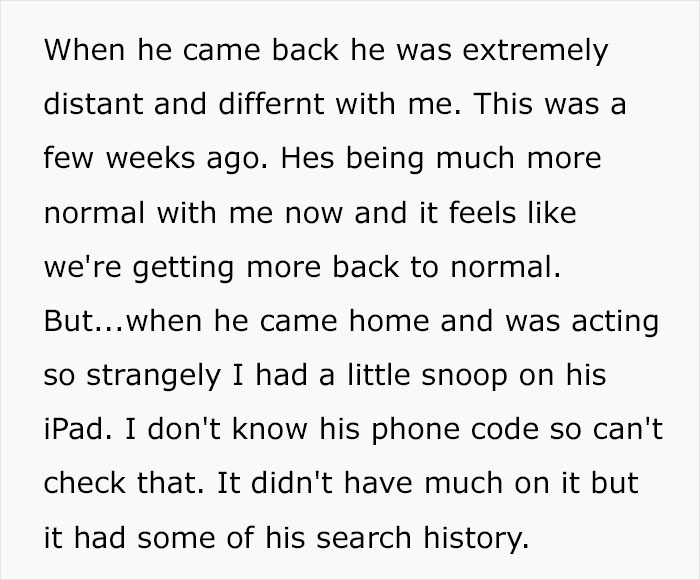
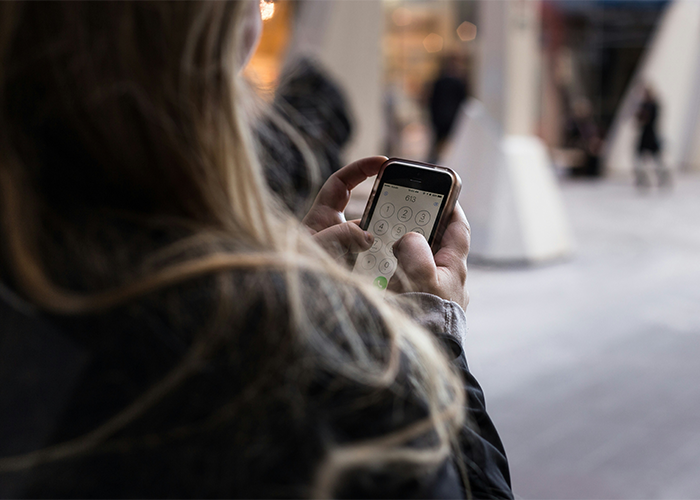
Image credits: Priscilla Du Preez / unsplash (not the actual photo)


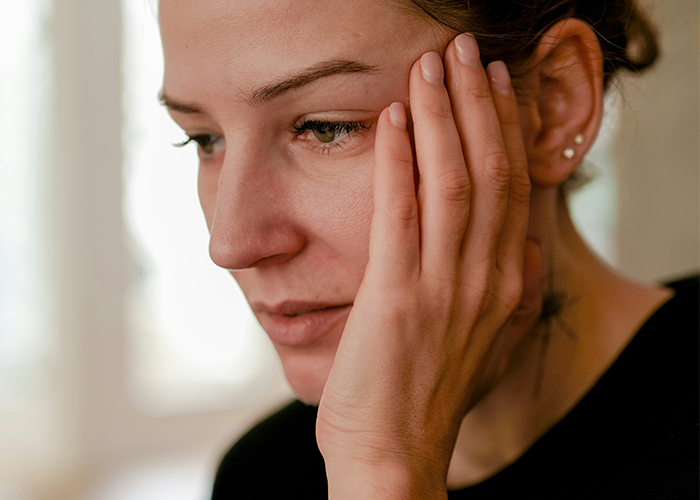
Image credits: Michael Heise / unsplash (not the actual photo)
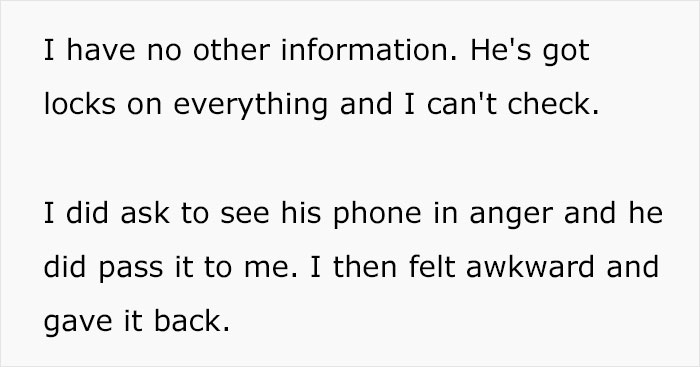

Image credits: Picklingpickles
Every relationship is different, so definitions of ‘privacy’ differ from couple to couple
There isn’t one exclusive recipe for a healthy relationship. To some people, a complete lack of boundaries and shared passcodes signify absolute trust. To others, privacy and a partner not sharing their phone might be totally normal.
Judith Aronowitz, RN, LCSW, says that healthy relationships involve boundaries and trust. “There can be a place for privacy in a relationship. This doesn’t mean that a partner is up to no good. Trust and intimacy [aren’t] created by free access to someone’s phone.”
The couples therapist says being totally transparent with phones and passcodes makes sense when both partners are on board. “Many couples will generally want more privacy, and this is not indicative of cheating or unscrupulous behavior.”
“Having independence outside of your relationship is very healthy,” she adds. “When there is trust built up and safety, outside connections will not feel threatening. Couples need to exist separately without losing the ‘we’ in the relationship.”

Image credits: Cody Portraits / unsplash (not the actual photo)
The problem is usually not about the contents of said phone or iPad but an underlying trust issue
When a partner wants access to another’s phone, iPad, computer, etc., the couple needs to have a discussion. Aronowitz says there’s often an underlying issue that’s not about wanting to see the actual contents of the device.
“Are you open and honest with each other? Are problems discussed? Are problems left unresolved avoided? Are you avoiding important conversations? [Are you] snooping on someone’s phone instead of having a difficult conversation?”
“If you’re feeling worried or suspicious about something, can you have a conversation? Can you openly share your concerns? Are your needs being met? Understanding why you would need to look at someone’s phone is important,” the couples therapist believes.
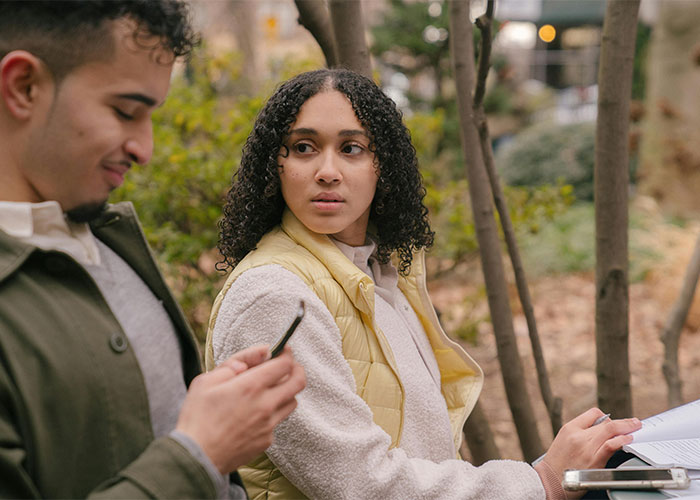
Image credits: Budgeron Bach / unsplash (not the actual photo)
People become jealous when they’re afraid of losing someone
Aronowitz says that being jealous is a natural emotion and that many people feel it. “We often struggle with insecurity,” she says. “It usually comes up in [a] relationship when someone is feeling insecure or threatened.”
“Often, feeling jealous is a response to a fear of losing someone. The important thing is to be able to process it together as a couple. The goal is to understand where it might be coming from and grow together from the experience. Couples can then agree on boundaries to build trust and protect the relationship.”
The couples therapist says that jealousy isn’t always bad. It can actually help couples strengthen their relationship and help them grow. “It can increase self-awareness and develop a deeper understanding between two people,” Aronowitz says. “Couples can be more reflective and look at their reactions and behaviors. This work can bond a couple together.”
However, snooping around your partner’s phone and spying is hardly ever appropriate. According to Aronowitz, it signals an issue with communication and trust. “Partners can reflect on why they are feeling jealous and where is it coming from. It’s important to understand why one would want to snoop. Is this coming from a place of insecurity? A childhood wound? Are boundaries being violated?”

Image credits: SevenStorm JUHASZIMRUS / unsplash (not the actual photo)
There are healthy ways to deal with feelings of jealousy and suspicion
Relationships therapist Judith Aronowitz gives us some questions people should ask themselves to deal with jealousy in a healthy way.
-
Can you focus on your self-worth? Do you notice your positive qualities? Are you in touch with deserving a certain type of relationship? Do you respect yourself? Do any of these areas need work?
-
Have you identified your needs in the relationship? Have you communicated your needs? Do you feel seen, heard, and respected? Do you fear losing something you don’t deserve?
-
Regulate your emotions. Can you be self-reflective? Am I feeling insecure in my relationship? Why might I feel that way? Is it coming from a childhood wound? What is being triggered inside of you? Are there issues in the relationship that haven’t been addressed?
-
Can you discern if this is a ‘you’ issue or a ‘we’ issue?
-
Lastly, don’t be afraid to look into individual/couples therapy.
Many people agreed that the husband’s behavior was a red flag and that the wife should trust her gut




